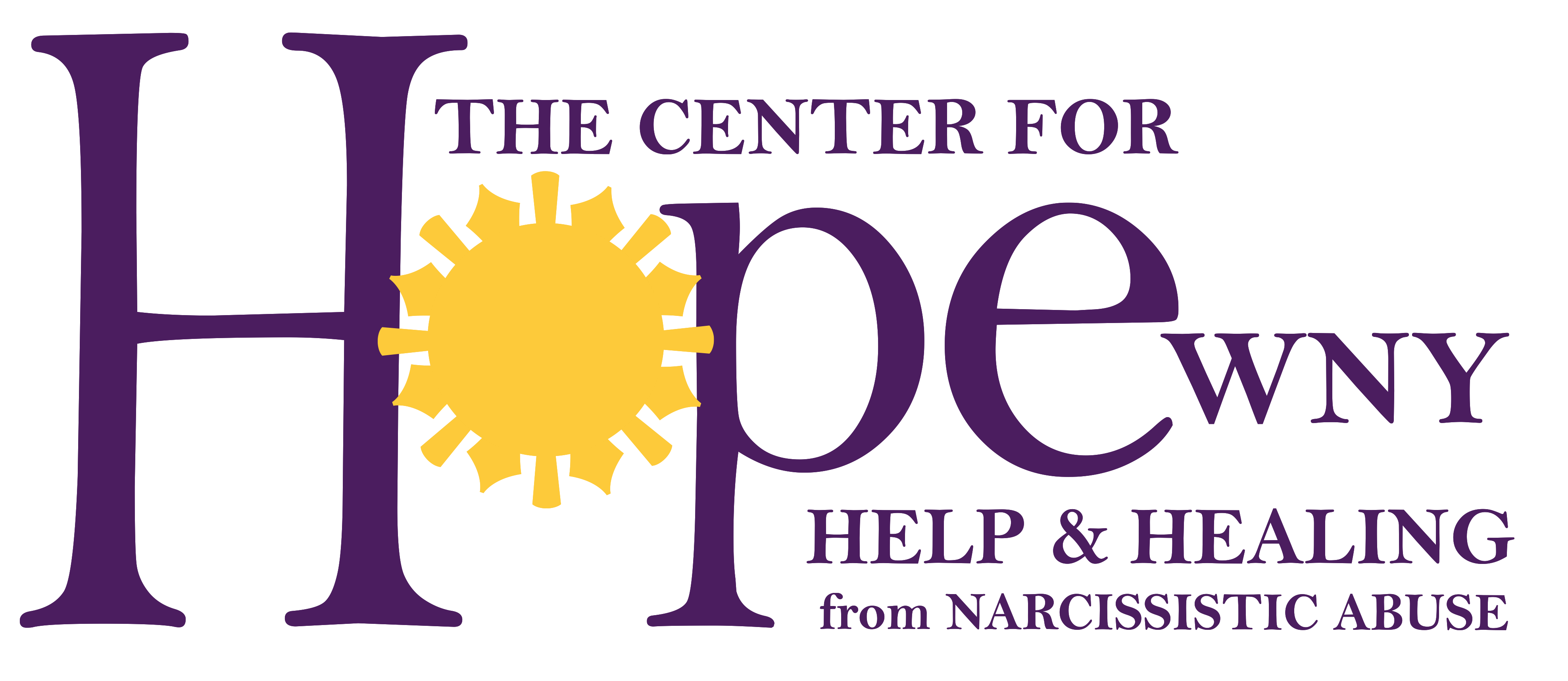- Hope, Help & Healing from Narcissistic Abuse
- 716.955.9658
- info@centerforhopewny.org

People who suffer from narcissistic personality disorderNarcissistic Personality Disorder (NPD) The hallmarks of narcissistic personality disorder (NPD) are grandiosity, a lack of empathy for other people, and More show a pattern of emotional manipulationEmotional Manipulation is an emotionally unhealthy psychological strategy used by people who are incapable of asking for what More, verbal abuse, and controlling behavior. The resulting narcissistic abuseNarcissistic Abuse is a form of emotional abuse projected by a narcissist on to another individual, Although narcissistic abuse More feels like the drip, drip, drip of emotional terrorism that narcissists love to use to punish their victims.
You know when you are in the relationship, you will do anything to make it work. You will apologize for things you didn’t say or do, you just keep your head down and try to make peace. You aren’t aware of the terminology or that you are suffering from narcissistic abuseNarcissistic Abuse is a form of emotional abuse projected by a narcissist on to another individual, Although narcissistic abuse More. I wasn’t aware that my father was suffering from narcissistic personality disorderNarcissistic Personality Disorder (NPD) The hallmarks of narcissistic personality disorder (NPD) are grandiosity, a lack of empathy for other people, and More at the time. I had never heard of it. I also didn’t know that his words, actions and tactics constituted emotional abuseEmotional Abuse is an attempt to control, in just the same way that physical abuse is More. Narcissistic abuseNarcissistic Abuse is a form of emotional abuse projected by a narcissist on to another individual, Although narcissistic abuse More is unlike any other pain you’ve felt. It sneaks up on you, as you keep trying to make the relationship work, you’re unaware of the toll it takes on you.
Narcissists consistently use tactics like gaslightingGaslighting is a form of psychological manipulation in which a person covertly sows seeds of doubt in a More and the Silent TreatmentSilent Treatment The silent treatment is a form of emotional abuse typically employed by people with narcissistic tendencies. It More to punish their victims. The resulting trauma bond is what keeps us coming back to the abusive relationship.
Gaslighting
Narcissists cleverly manipulate our understanding and interpretation of events to a point where their “victims” literally don’t trust their own judgment. As a technique, it’s meant to disorient and make people question their very perception of reality. GaslightingGaslighting is a form of psychological manipulation in which a person covertly sows seeds of doubt in a More is a powerful sign and a huge red flag that you’re in the middle of a toxic relationship with a narcissist.
The Silent Treatment
A Psychology Today article stated “Clearly, silent treatmentSilent Treatment The silent treatment is a form of emotional abuse typically employed by people with narcissistic tendencies. It More creates an atmosphere of anxiety, fear, and sadness that preclude an underlying sense of safety. As such, it causes unhappiness and psychological harm that most often heightens conflict in a relationship. It can lead one to feel anger, abandonment, rejection, and overall distress.”
My father was an expert at giving people the Silent TreatmentSilent Treatment The silent treatment is a form of emotional abuse typically employed by people with narcissistic tendencies. It More. I’ve been a witness to him giving it to others as well as to myself for my entire life. Most of the time, he would get angry about some perceived slight, or a perceived offense. Then he would dismiss that person by giving them the Silent TreatmentSilent Treatment The silent treatment is a form of emotional abuse typically employed by people with narcissistic tendencies. It More. No conflict resolution. No compromise. No accepting responsibility for actions. Nada. The narcissist took control of the situation and abandoned any opportunity to resolve the conflict.
Trauma Bonding
Trauma bonding, as ,defined in an article is the formation of an emotional attachment between a person and their abuser, which often makes the victim of the abuse feel compelled to stay in the relationship.
I wrote about this in my book, “Wrecking Ball Relationships: How to Identify, Live With or Leave the Narcissist in Your Life.”
“What you allow will continue. Learn to let it go. These are the narcissist’s issues, not yours. If you remove your tendency toward ownership, you can learn and move on. Let it go. This isn’t about someone who hurt you once and made a mistake. This is a pattern of repeated emotional abuseEmotional Abuse is an attempt to control, in just the same way that physical abuse is More. You can forgive, as you break the cycle. Victims of narcissists are conditioned over time to accept emotional abuseEmotional Abuse is an attempt to control, in just the same way that physical abuse is More and outright destructive behavior as normal. “That’s just dad. Sometimes he stops talking to me,” they say.”
If you’ve suffered this type of relationship, it helps enormously to talk to someone. When you’re in a toxic relationship, you need to talk to someone about your emotions and your trauma. I’m a survivor of narcissistic abuseNarcissistic Abuse is a form of emotional abuse projected by a narcissist on to another individual, Although narcissistic abuse More and now I coach people on their healing journey. I give people clarity, validation & comfort.
Learn more about me here: https://buff.ly/3wf6tgQ
Click here to book a free session with me. We’ll figure out if we work well together.
You can find my book “Wrecking Ball Relationships” on Amazon and BarnesandNoble.com.



